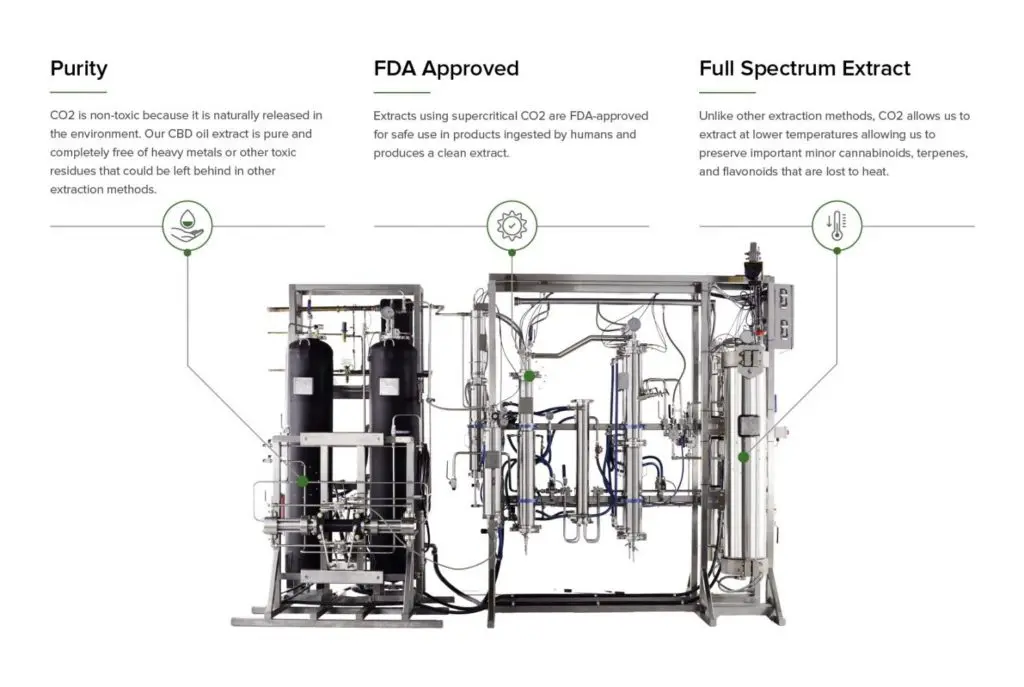Navigating the Evolving CBD Manufacturing Regulations: What Businesses Need to Know
Introduction
The CBD industry has experienced significant growth in recent years, with a wide range of products hitting the market. However, as the popularity of CBD continues to rise, so does the need for proper regulation. Businesses in the manufacturing and distribution of CBD products must stay updated and compliant with the evolving regulations to ensure they operate legally and safely.
Current State of CBD Regulations
As of now, CBD is federally legal in the United States, thanks to the passing of the Farm Bill in 2018. However, the legislation provided certain guidelines for CBD production, including the requirement that it should be derived from hemp plants with less than 0.3% THC (the psychoactive compound found in cannabis). Each state also has its own specific regulations regarding CBD manufacturing, labeling, and testing.
Understanding Labeling Requirements
Proper and accurate labeling is essential for CBD products. Businesses must adhere to specific labeling requirements, which may vary from state to state. Common elements that should be included on CBD product labels include:
-
- Product name
-
- Batch or lot number
-
- Ingredient list with quantities
-
- Net weight or volume
-
- Instructions for use
-
- Manufacture or packer information
-
- Warning statements
-
- Correct cannabinoid content
Quality Control and Testing
Testing CBD products for quality and safety is crucial in the manufacturing process. Businesses must ensure that their products are free from contaminants, accurately labeled, and contain the specified levels of CBD and THC. Regular testing by certified laboratories is essential to meet quality control standards and comply with regulations.
Future Changes in CBD Manufacturing Regulations
The CBD industry is rapidly evolving, and businesses need to stay informed and agile to adapt to upcoming regulatory changes. Government agencies are continuously reviewing and updating regulations to address issues such as dosing guidelines, health claims, and product safety standards.
It is advisable for businesses to actively participate in industry associations, attend conferences, and engage in public comment periods to understand and influence these changes. Collaborating with legal experts in the CBD industry can also provide valuable guidance and help ensure compliance with future regulations.
Conclusion
Navigating the evolving CBD manufacturing regulations is crucial for businesses to thrive in the industry. Keeping a close eye on federal and state regulations, following proper labeling requirements, implementing rigorous quality control measures, and staying ahead of future changes will help CBD manufacturers and distributors operate successfully and legally.
For more information on CBD regulations, please visit the FDA website and consult with legal professionals specializing in the CBD industry.
Share:



